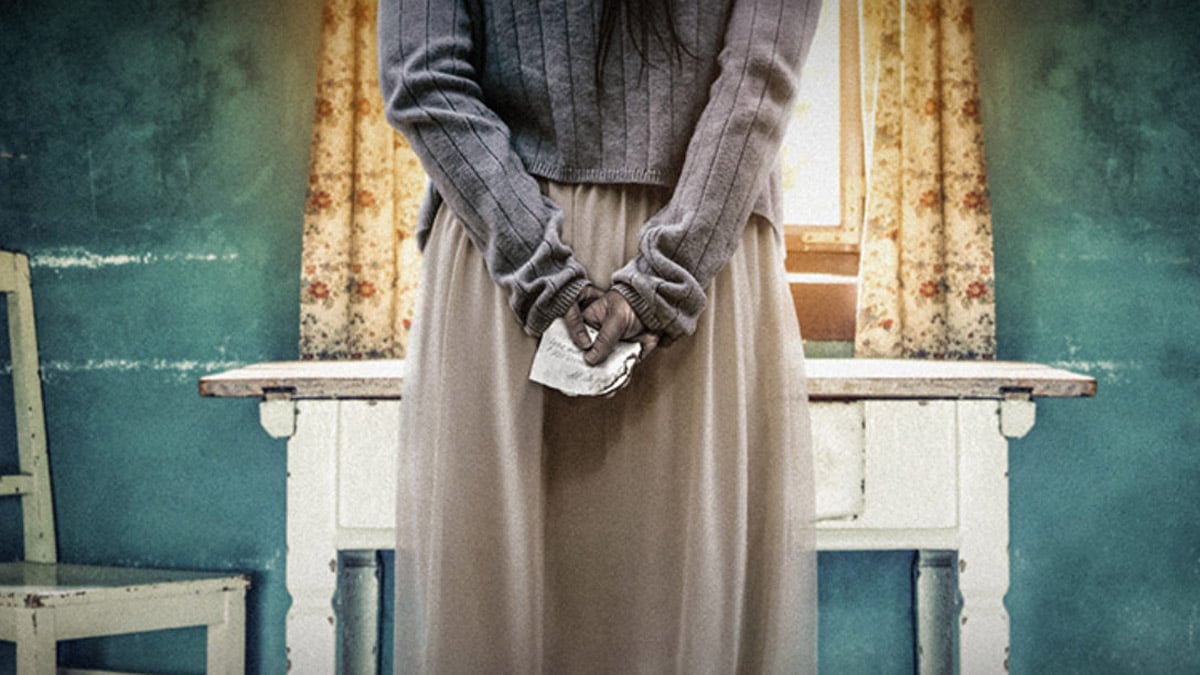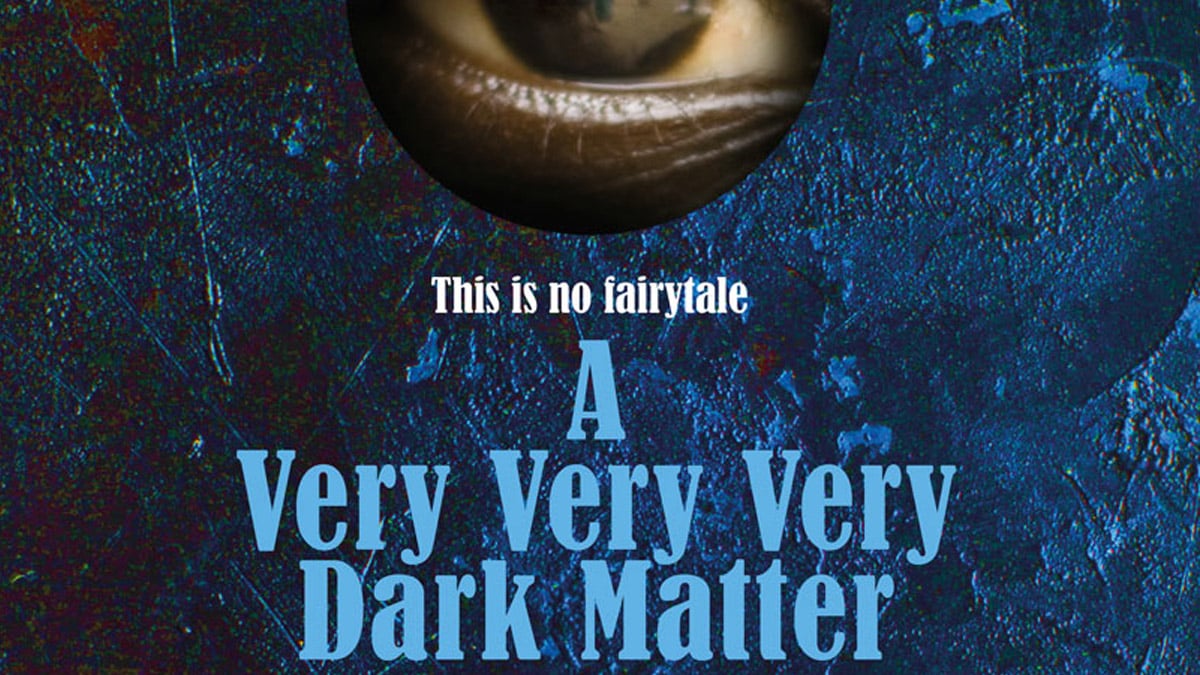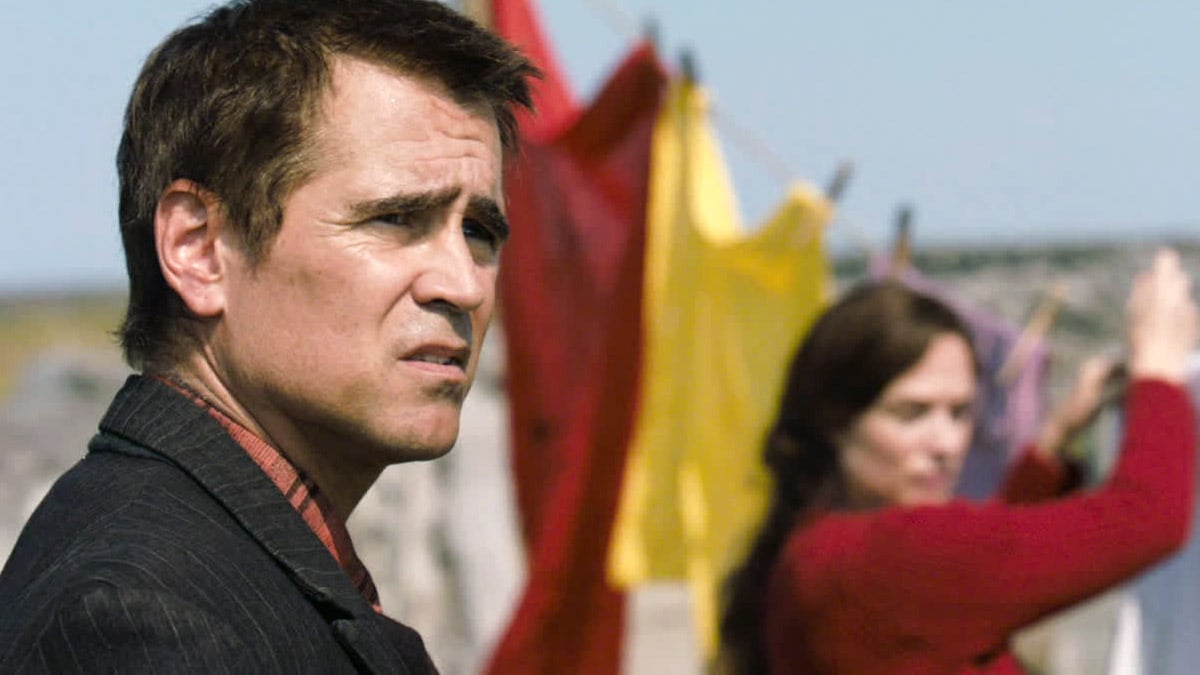The Banshees of Inisherin reunited Colin Farrell and Brendan Gleeson from Martin McDonagh’s first feature, In Bruges. McDonagh’s career has soared since that dark comedy crime caper debuted in 2008. It was clear when Three Billboards Outside Ebbing, Missouri, fittingly McDonagh’s third dark comedy, earned seven Academy Award nominations and secured acting statuettes for Frances McDormand and Sam Rockwell.
The Banshees of Inisherin went two better in January 2023 when it picked up seven nods at the 95th Academy Awards. MacDonagh’s fourth feature is his first set in Ireland and may seem familiar to viewers who’ve seen his stage work. In the theater, he has established an outstanding reputation as a playwright that precedes his filmmaking. In fact, there’s a very good reason that his latest tragicomic work fits his stage plays like a (probably bloody) glove.
McDonagh the playwright
McDonagh is consistently named among the greatest living playwrights. He established a formidable reputation as a playwright before he wrote and directed 2004’s Six Shooter. Naturally, that first step into cinema was a dark comedy featuring Gleeson. There was a hint of what would come when it won the Academy Award for Best Live-Action Short in 2006.
As McDonagh moved into feature films, he continued penning plays, establishing a fascinating connection between his work on stage and screen that extends beyond locale and shared actors. It was in the theater that he established his reputation for absurd and darkly comical plays, influenced by giants of the stage like Samuel Beckett and Harold Pinter as much as legends of the screen Quentin Tarantino and David Lynch. His plays became known for their challenge to typical stage conventions, so perhaps it isn’t surprising that he’s admitted he’s fonder of film. In a 2015 interview with The Guardian, he didn’t mince words. “I’ve accepted that theatre is never going to be edgy in the way I want it to be. It’s too expensive for a start. And, the audience seems to be complicit in the dullness.”
That may explain why the second of his Irish trilogies ended up not on stage, but on film in The Banshees of Inisherin. While the film mines one of McDonagh’s typical tragicomic scenarios, it’s not as dark, bloody, and absurd as some of his theater work.
The Leenane trilogy

This trilogy was McDonagh’s first Ireland-set series of plays. The Druid Theatre Company of Galway premiered The Beauty Queen of Leenane in 1996 before it transferred to Off-Broadway and Broadway in 1998. The house-set tale of a struggling daughter who sees one last chance for love while living with her overbearing mother was nominated for a Tony Award for Best Play.
Next was A Skull in Connemara, which followed a pair of men exhuming skeletons in an overcrowded graveyard, only for one to meet the wife he was once accused of killing. Again premiering in Galway in 1997, it traveled to London’s Royal Court, Seattle, and Off-Broadway.
The Lonesome West closed the trilogy, continuing the exploration of family connections as it caught up with two squabbling brothers following what appeared to be their father’s accidental death. Its 1999 run on Broadway earned a Tony Award nomination for Best Play.
The Aran Islands trilogy

This dark trilogy is the most relevant as its concluding part failed to materialize on stage, instead emerging as McDonagh’s 2022 movie, The Banshees of Inisherin.
The trilogy began in 1997 with The Cripple of Inishmaan. This 30s-set tale followed a disabled teenager’s attempts to escape his life by gaining a part in the documentary, Man of Aran. Opening in 1997 at London’s Royal National Theatre, it was staged Off-Broadway and in Los Angeles in 1998. In December 2008, the Atlantic Theater Company and The Druid Theatre Company of Galway staged an Off-Broadway revival.
McDonagh wrote The Lieutenant of Inishmore in response to 1993’s fatal Warrington bombings. The playwright’s interpretation followed the insane leader of an Irish National Liberation Army splinter group who discovers that his cat, his best friend, has been killed. Moving from Off-Broadway to Broadway in 2006, it received a Tony Award nomination for Best Play and was restaged in London’s West End in 2018.
The Banshees of Inisherin belatedly completed the Aran Islands trilogy, stepping further back to the Irish Civil War and an idea McDonagh had worked on for a long time.
Rumors of a concluding chapter, entitled Banshees of Inisheer, had persisted for two decades. In 2006, the playwright told The New Yorker that his entire dramatic output of seven plays (at that point) had been written in 1994. The only one that hadn’t been staged was The Banshees of Inisheer, which McDonagh dismissed as not being “any good.” It seems that the play he couldn’t get to work on stage was set free on film.
Other dark works

Aside from his plays set in the west of Ireland, other works mine dark and absurdist McDonagh territory. In 2004’s The Pillowman, a writer is interrogated by the officers of a totalitarian state when a series of murders seem to copy her short stories. A revival is scheduled for London’s West End in 2023.
A Behanding in Spokane may have a name that recalled MacDonagh’s Irish plays, but it was his first set in the U.S. The play opened on Broadway in 2010, introducing audiences to the mysterious Carmichael, who gets a lead on the missing left hand he’d been trying to find for 27 years. The cast included two actors who would go on to work with McDonagh on film: Christopher Walken, who was nominated for a Tony Award, and Sam Rockwell.
Premiering in 2015, Hangmen followed Harry Wade, England’s second-best hangman, after the execution method was abolished in Britain in the mid-1960s. Its run at the Royal Court Theatre in London won the Laurence Olivier Award for Best New Play in 2016. A Broadway transfer was delayed by the COVID-19 pandemic but opened to acclaim in 2022.
A Very Very Very Dark Matter premiered at London’s Bridge Theatre in 2018. Naturally, it was a dark comedy, this time unearthing some surprising explanations for the published works of Hans Christian Andersen and Charles Dickens, based on the pair’s infamous “friendship.”
Having completed his second trilogy, The Banshees of Inisherin looks like a meeting of McDonagh’s parallel careers—the point where the interlinked works of McDonagh meet and where film finally replaces the stage. Even so, a curtain remains pulled between the two sides of McDonagh’s work. There’s little chance that the playwright’s previous plays will make their ways to movie theaters or vice versa. That leaves one hanging question: Where will McDonagh’s refreshing approach to storytelling head next?

